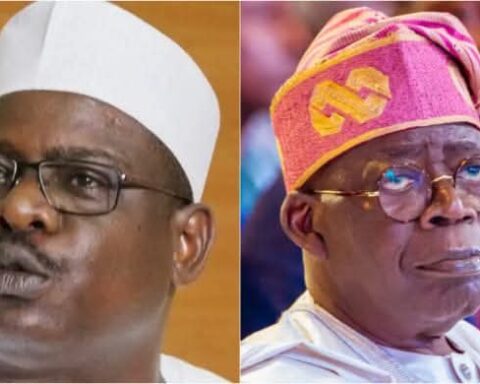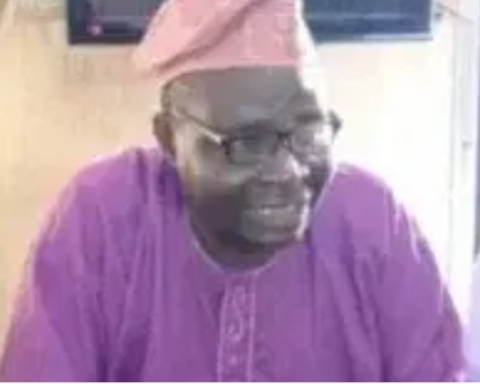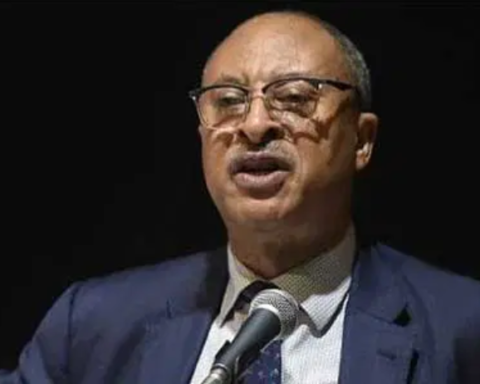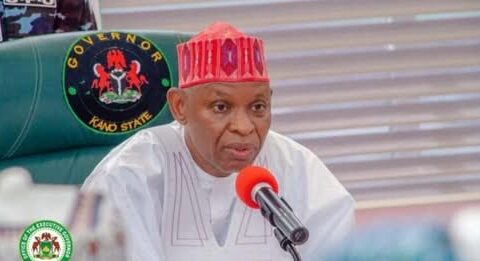The Nigeria Extractive Industries Transparency Initiative (NEITI) has urged civil society organisations (CSOs) in Nigeria to adopt a new agenda that goes beyond routine advocacy and monitoring, and to embrace knowledge-driven leadership in the governance of the country’s extractive industries.
Executive Secretary of NEITI, Dr. Orji Ogbonnaya Orji, made this call on Monday, September 8, 2025, during a courtesy visit to the Civil Society Legislative Advocacy Centre (CISLAC) in Abuja.
Dr. Orji said the evolving realities of global energy transition, fiscal pressures, and governance challenges demand a stronger role for civil society in shaping extractive sector reforms.
“Civil society must move from simply demanding accountability to providing knowledge-based, evidence-driven, and solution-oriented leadership that adds real value to governance,” he said. “This new agenda calls for leadership in energy transition accountability, fiscal justice, contract analysis, and vigilance in curbing illicit financial flows.”
He highlighted ongoing institutional linkages by NEITI, including collaborations with the EFCC, ICPC, NFIU, and NNPC Ltd., as well as the establishment of a Data Centre to provide real-time disclosures on revenues, ownership, and host community funds. According to him, these platforms are open opportunities for CSOs to deepen their civic impact.
The NEITI boss specifically challenged CISLAC to take the lead in driving civil society’s contribution to the Extractive Industries Transparency Initiative (EITI) process. He recommended that CISLAC expand its information platforms from bulletins to peer-reviewed scholarly journals that could support research, teaching, and global thought leadership.
In his welcome address, CISLAC’s Executive Director and Head of Transparency International Nigeria, Hon. Auwal Musa Rafsanjani, reaffirmed CISLAC’s long-standing partnership with NEITI and its role in establishing Nigeria’s EITI framework. He noted that the collaboration between both institutions has historically advanced transparency and accountability in the oil, gas, and solid minerals sectors.
Rafsanjani acknowledged NEITI’s contributions through data disclosures and reforms, while stressing the need for stronger accountability at sub-national levels and tangible benefits for communities in extractive regions.
“Today, Nigeria is navigating complex challenges—declining oil revenues, energy transition, and governance risks in the solid minerals sector. This makes our collaboration with NEITI even more urgent,” Rafsanjani said.
He outlined areas of future partnership, including tracking audit recommendations, legislative advocacy, capacity building for journalists and parliamentarians, and safeguarding civic space in extractive governance.
Both leaders agreed that the future of Nigeria’s extractive governance depends largely on how civil society evolves from watchdogs to solution providers, and from observers to reform architects.
Follow us on all social media platforms @dailyquery for news and analyses around the globe.



























